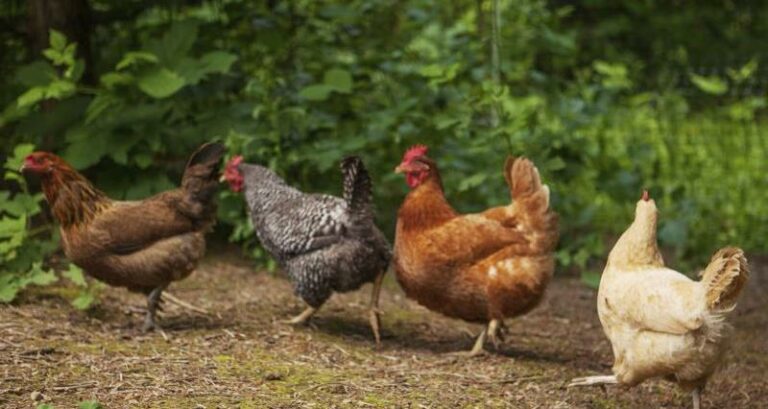Bristol Vet School has been awarded two Innovate UK grants totalling nearly £160,000 for studies that aim to further our progress towards sustainable livestock production and improve broiler chicken welfare. The projects will use the new £1 million CIEL poultry house, funded by the CIEL.
Dr Andy Butterworth, Reader in Farm Animal Science, will lead the £100,000 Bristol component of a £403,000 study entitled ‘Lighting for Broiler Enhanced Welfare and Commercial Output’. This collaborative project, involving Bristol researchers, Campden BRI and Greengate Lighting, aims to further develop and tests the first ever bio-adaptive, circadian, smart lighting system for broiler chickens that will recreate the properties of natural daylight.
Around 65 billion chickens are reared globally every year for meat and eggs, the vast majority in completely enclosed, carefully managed, bio-secure environments. A key aspect of creating a suitable indoor environment for poultry is light.
Research has demonstrated measurable effects of light colour on animals, including changing food intake, delaying sexual maturity and influencing behaviours, such as fear and aggression, light is also vital for maintaining circadian (day-night) rhythm.
Current industry standard lighting is white LEDs with dim-to-blue or dim-to-red. However, these lights exhibit strong spectral (colour) peaks, so do not replicate natural daylight, offer no adaptive control opportunities and are based on extrapolation of limited scientific research. This project aims to validate an innovative bio-adaptive, circadian, smart lighting system.
Dr Andy Butterworth, Poultry specialist research lead at the University of Bristol, said: “As the industry has grown, so too have consumer concerns for animal welfare. Natural daylight, while the ideal, is not practical in all parts of the modern farming industry. Lighting has been demonstrated to impact productivity and welfare in the poultry industry but only day length and intensity are currently regulated to minimum standards. This project aims to achieve a step-change in lighting for animal husbandry, enhancing productivity and animal welfare in the food production industry, in the UK and globally.”
Professor John Tarlton, Professor of Regenerative Medicine, will lead a £60,000 part of a £571,000 Innovate UK funded project that will examine the feasibility of on-farm production of insect larvae from food waste to be used as a feed component for chickens.
Professor Tarlton said: “The global population is expected to increase to nearly 10 billion by 2050. Alongside other problems of climate change and reduced agricultural land availability, feeding the world’s population is one of the greatest challenges facing humanity.
“Insects are one of the most efficient converters of protein and are able to do this from non-human edible food waste, a resource, totalling 1.3 billion tonnes each year. Unfortunately, most people in the world are reluctant to eat insects. However, chickens, the world’s greatest producers of animal protein for human consumption, have no such sensibilities. Indeed, they are enthusiastic consumers of insects. The aim of the study is to assess nutritional, health and welfare outcomes in chickens which aims to advance progress towards sustainable livestock production, with an emphasis on animal health and welfare.”


